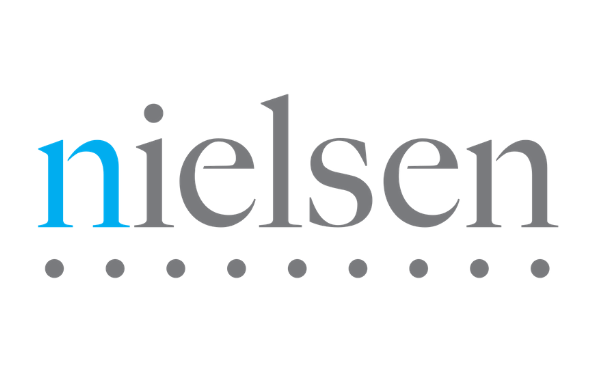More confident consumers

Lisbon, March 2019 - According to the study Growth Reporter, from NielsenIn the domestic market last year, FMCG goods recorded a total dynamism of 2.8% in value, which proves the good performance seen in all quarters of 2018. However, the change in volume over the year as a whole was half that recorded in 2017, with growth slowing down over the four quarters of 2018.
In the final quarter of the year, BGC recorded growth of 1.8% over an already very positive year-on-year period. As was the case throughout the year, this quarter's dynamism was particularly sustained by a positive price effect of 1.6%. In volume terms, this sector remained stable (+0.2%) in the 4th quarter of 2018, growing at a much slower pace than in the same period of the previous year. In fact, we can see that the Portuguese are not buying more in quantity, but are buying higher-priced categories or products, giving rise to a positive price effect.
For Ana Paula Barbosa, Retailer Vertical Director of Nielsen, "we need to bear in mind that although there continues to be good growth in value, sustained by the price effect, the same growth is not happening in volume. The outlook in Portugal remains positive, but the trend is slowing down."
MORE CONFIDENT CONSUMERS AND MORE WILLING TO SPEND
In the last quarter of 2018, the Portuguese were once again more confident than consumers at European level. According to the results of the The Conference Board® Global Consumer Confidence Surveydeveloped by Nielsen, a study Confidence Index from Nielsen, the level of confidence among Portuguese consumers totaled 87 points, 3 points above the European average (84).
"IS MY COUNTRY IN AN ECONOMIC RECESSION?"
Let's go back to 2013. There were 89% Portuguese who believed their country was in recession. In the same period of 2018, this percentage fell to 46%.
Consolidating their growing optimism, almost half (47%) of the Portuguese say they believe their financial situation will improve over the next year. In addition, 41% expect their employment situation to improve over the next 12 months and 28% say that, given their current economic situation and the current cost of living, now is the right time to buy what they need.
PORTUGUESE WORRY LESS ABOUT JOBS AND MORE ABOUT THEIR HEALTH
In 2013, the main concern of the Portuguese was employment. Now it's health (28%) that the majority are most concerned about, and there's a growing importance of this type of product in the basket of Portuguese consumers.
ALMOST HALF OF THE PORTUGUESE CHOOSE TO SAVE THE MONEY THEY HAVE LEFT OVER
In 2013, when 38% of the Portuguese said they had no money left over after paying their initial expenses, very few of them spent it on leisure activities. In this last quarter of 2018, spending on entertainment away from home (26%), vacations (25%) or clothes (23%) are the categories where the Portuguese say they choose to spend their money.
In addition to the greater commitment and willingness to spend on activities that give them pleasure, the purchase of higher-end products is also a factor. premium is an increasingly common reality for Portuguese consumers, in response to an increasingly busy lifestyle and the search for a more balanced and happier life, with more time for what they love most.
Faced with this reality and modest growth in volume but greater growth in price, Ana Paula Barbosa warns that "the market must bear in mind that it will be increasingly difficult to grow in volume. The population is not increasing and consumers have more money to spend, are more confident and eat out more. As a result, the biggest bet for growth will have to come from the price effect".
The head of Nielsen also stresses the need for retailers to "reduce dependence on promotions - which continued to grow in 2018, reaching 46% of sales - carry out promotions on range products premium and bet on higher quality and more sophisticated ranges".
